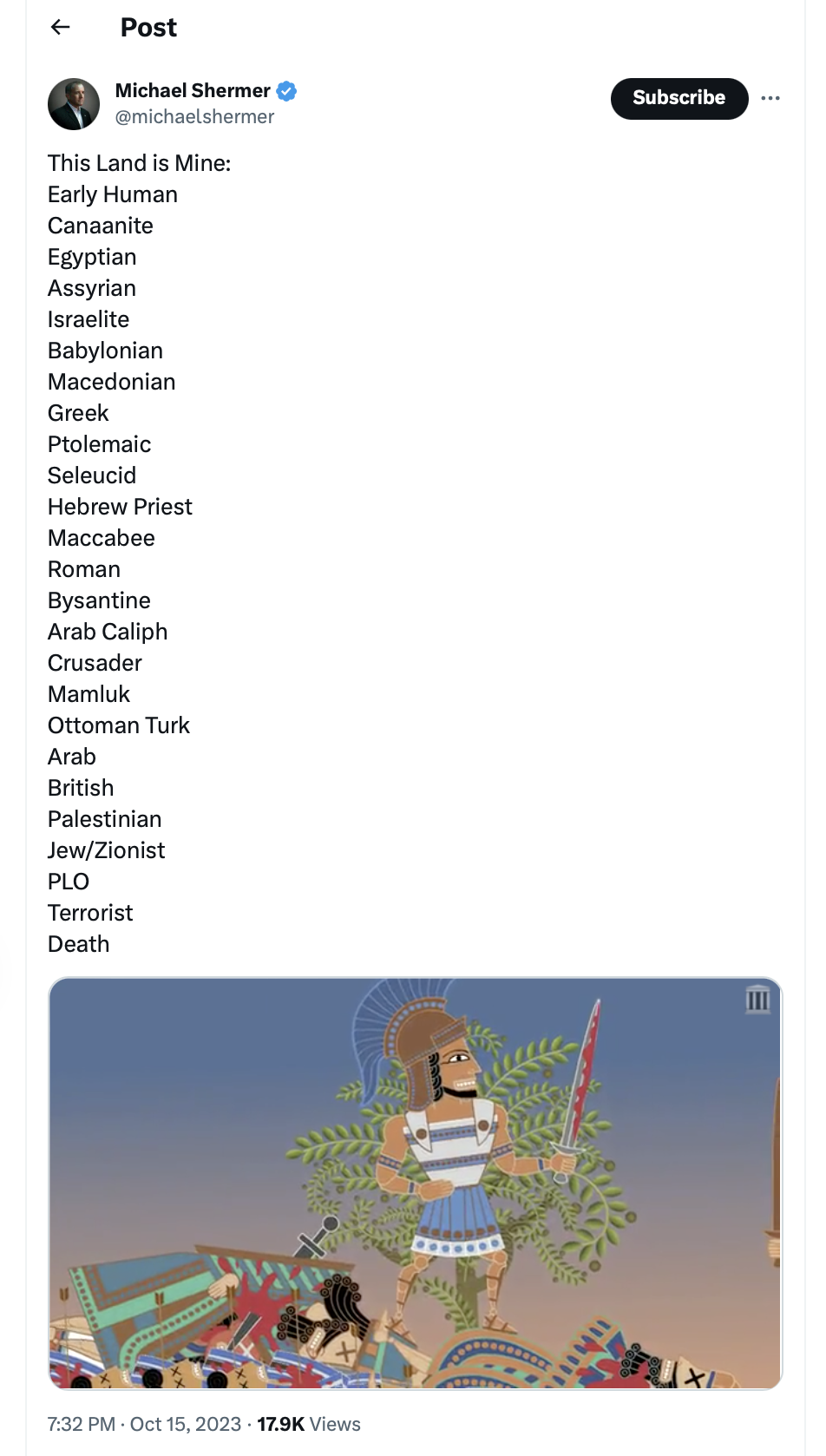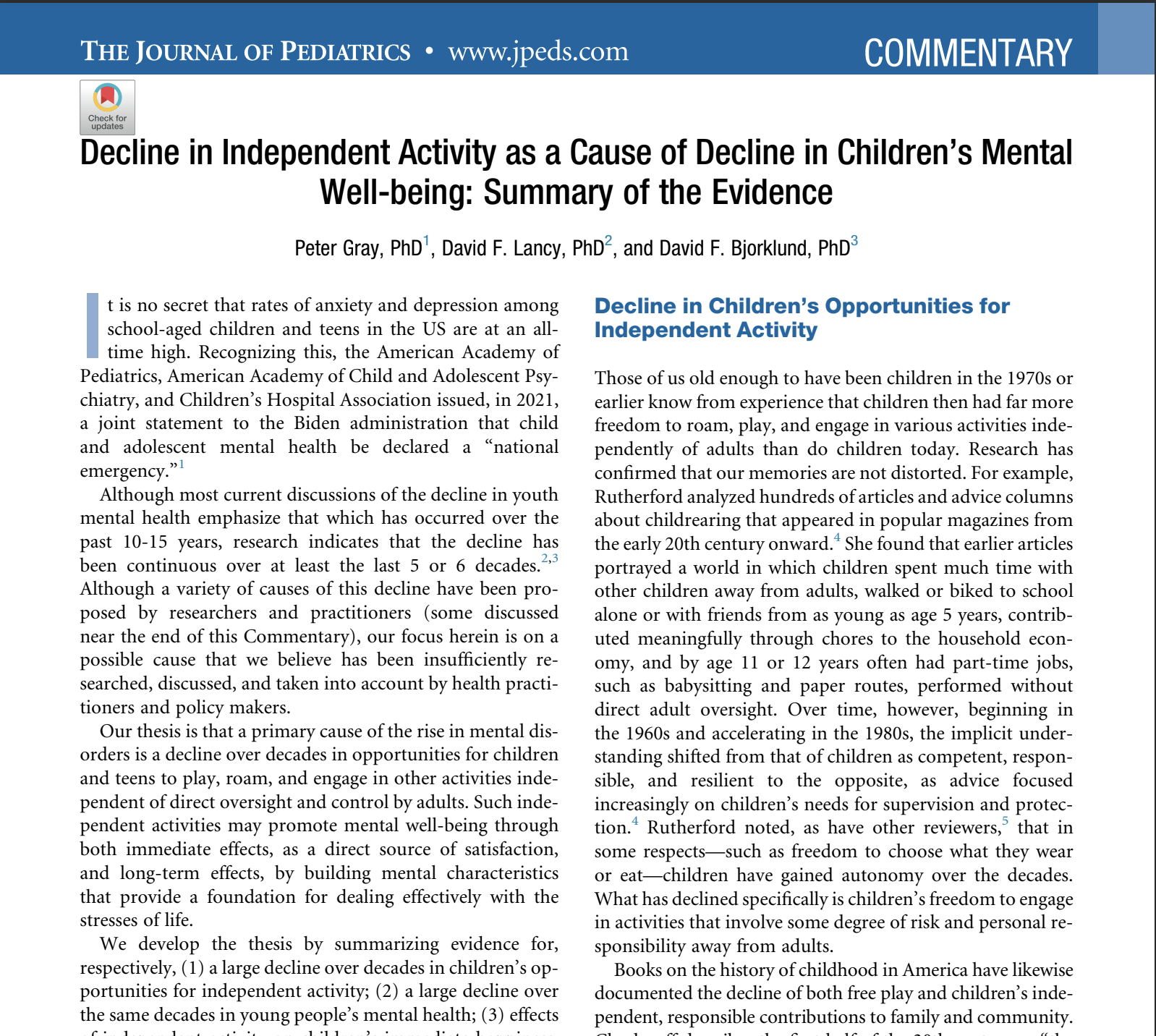Is suicide a major casualty of American class war? Yascha Monk interviews Angus Eaton at Persuasion:
Yascha Mounk: . . . What helps to explain why it is that, for centuries, life expectancy went up in the United States and now, suddenly, we're seeing this really quite striking aberration from that?
Angus Deaton: . . .We don't really know why life expectancy improved so much for so long. But if you go into that literature, it's amazingly diverse and controversial. Was it nutrition? Was it drugs? . . . A lot of what Anne [Case] and I have done is just to document this fact that there's three years in a row when overall life expectancy fell: you've obviously got what happened during COVID (which doesn't require a lot of explanation by itself) and also these horrible deaths of despair, which are suicides, drug overdoses, and alcoholism—a huge increase during the pandemic of deaths from alcoholism.
Suicides have always been a big clue in this story, because of Durkheim and the story that when society is really not working for people, that's when you begin to get suicides. Suicide is just an indicator that something is gone terribly wrong. But I think it’s getting almost no attention among policymakers and very little in the press that the increase in deaths during this period is almost entirely among people who don't have a four-year college degree. For the third of the popular adult population that has a four-year college degree, they're pretty much exempt from all these horrors. And in fact, if you look at life expectancy at age 25 for people with a college degree, it's like the best out of all the other rich countries in the world; it looks like Japan or Switzerland. What's pulling us all down—and making us, really, the sick man of all the rich countries—is this increasing mortality among, if you like, the working class, and I think that cuts across race. This is not a black–white issue, not a poor–rich issue, but an issue between people who have a college degree and people who don't.
There's something gone wrong with working class America. And it's not hard to list a bunch of things. Democracy is not working very well for them. The neoliberal consensus wasn't good for them. The share of profits in GDP is rising at the expense of working people. It's sort of like an old fashioned class war.


